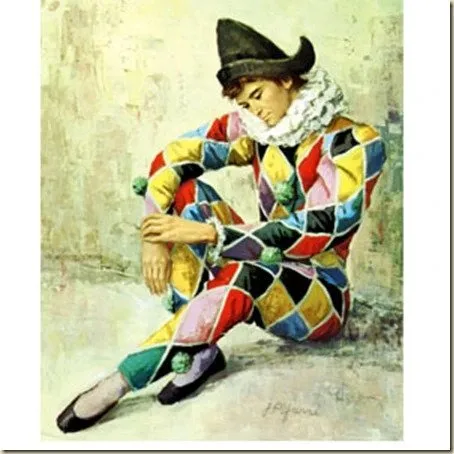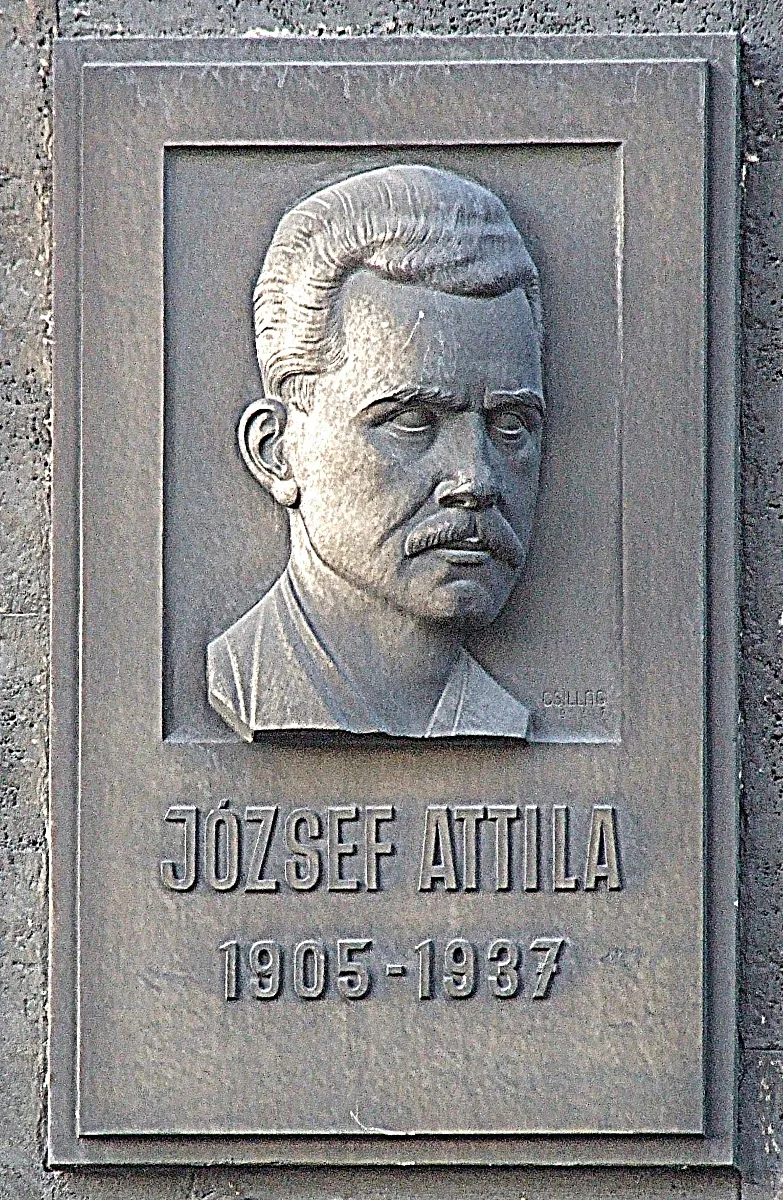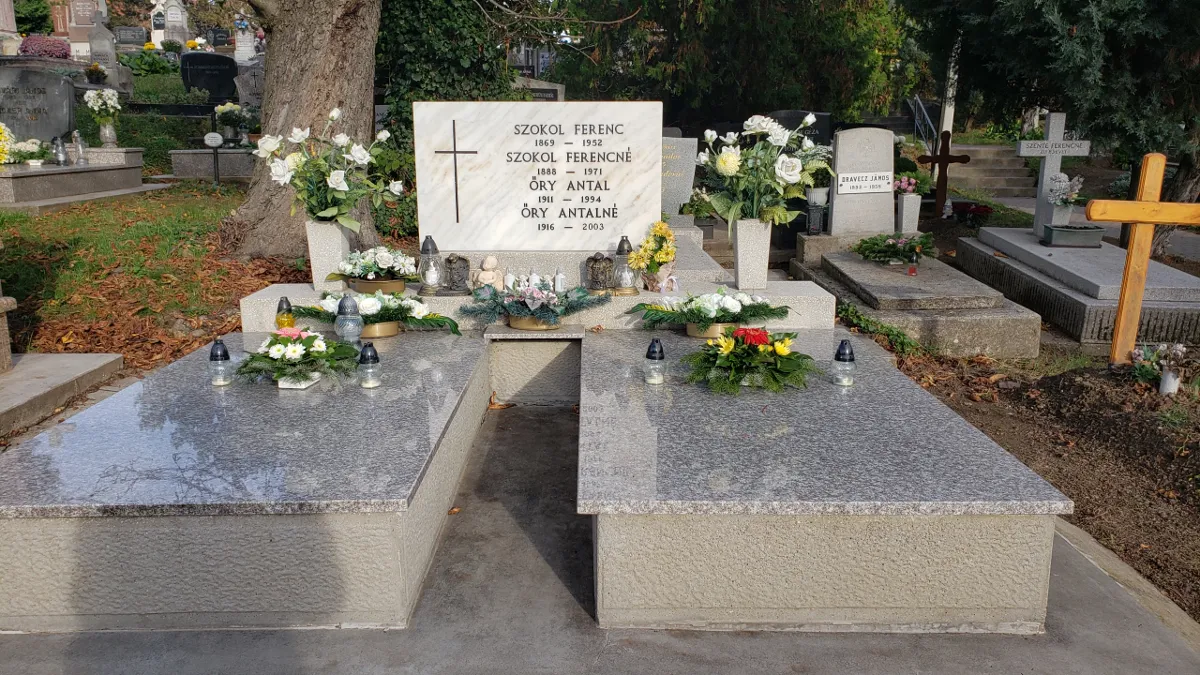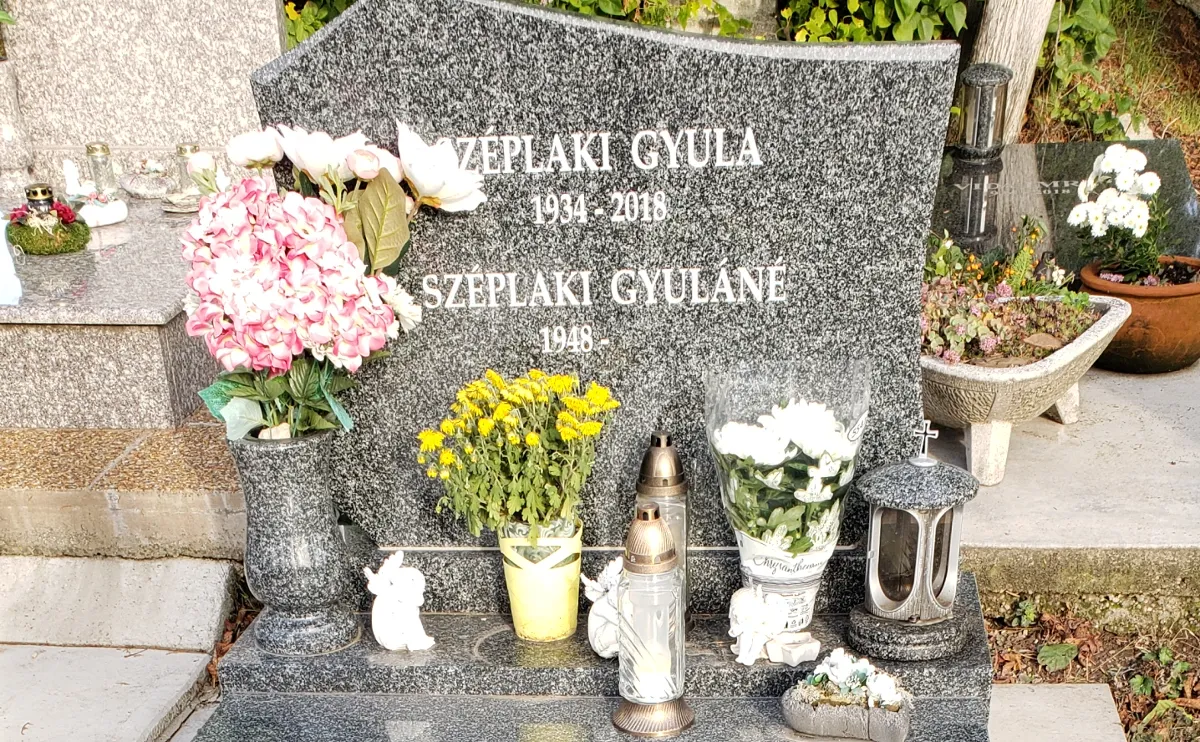THE MAN OF ALL COLORS

Source
At the foot of the mountain, he saw a house, the doors and windows of which were all wide open. It was the house of the Soulless Body, which had gone out to make its rounds.
The Man of All Colors entered. He took a loaf of bread from the board, went down to the cellar to get some wine, and began to eat and drink. This done, he climbed into bed, with the wrought iron bar, weighing nine quintals, within reach of his hand, and slept until midnight. Then he was awakened by a loud noise. It was the Soulless Body, returning from making its rounds.
“Ho! ho! ho! Who then became the master of my house? Wait, thief, wait. I'll make you lose the taste of bread."
But the Man of All Colors had already jumped off the bed and grabbed the wrought iron bar weighing nine hundredweight. Then there was a great fight, which lasted three clock hours. Finally, the Soulless Body was brought to the ground with a heavy blow to the head.
“Man of all colors, don’t make me suffer more. You will never be able to kill me. It is said that I must only die at the end of the world, so as not to be resurrected. Don't make me suffer anymore, and I will do whatever you command me."
"Well, Soulless Body, show me where we climb the mountain. But walk straight, or watch out for the wrought iron bar weighing nine quintals."
Then the Soulless Body showed the right path to the Man of All Colors, who climbed like a goat, through the high, black rocks. Suddenly he saw a wolf as big as a bull, coming towards him at full gallop, with its mouth open.
What did the Man of All Colors do then? He brandished his wrought iron bar weighing nine quintals, and with all his strength, he delivered a great blow on the head of the animal, which fell mortally wounded.
“Man of all colors,” said the wolf, “you are not the first who has crossed, without dying, the Land of Hunger and Thirst, and who has defeated the Soulless Body. Of those that have arrived so far, I have eaten a lot. But there are some who have passed, and who are in a place where you will soon arrive. Now, since I die by your hand, eat my flesh and drink my blood; because you need courage, and you have not finished suffering."
The Man of All Colors waited until the wolf was dead. Then he ate his flesh and drank his blood, and immediately felt great strength. An hour later, he was at the top of the mountain, which plunged straight down, more than a hundred fathoms deep, onto a river half a league-wide. The water of this river made a terrible noise and escaped as quickly as the wind. On the other side of the water, we saw a country so pleasant, so pleasant, that one would have said it was the paradise of the Good Lord.
On the top of the mountain, the Man of All Colors found many people, who had spent all their courage to get there. There were some who wept, kneeling with their hands clasped, and shouting:
"My God! My God! Let us pass."
Then the Man of All Colors thought:
“The Good Lord does not help those who leave everything to him. These people will not pass."
There were some who always consulted, without ever deciding, and who said:
“The main thing is to get off to a good start. Let's not hurry. We have the time."
Then the Man of All Colors thought:
“Here are some who will talk, without ever doing anything, until the day of judgment. There is time to speak and time to do. He who risks nothing gets nothing. These people will not pass."
Source: L'Homme de Toutes Couleurs, from the French book Contes populaires de la Gascogne, tome 2, published in 1886
Hello, my name is Vincent Celier.

I am writing translations of folk tales that I found in public domain French books, so that people who do not understand French may enjoy them too.

As expected, the youngest son of the woodcutter is the hero of this tale: the Man of All Colors.
He is very strong, as he is able to carry an iron bar weighing nine quintals. A quintal is at least 100 pounds, so the iron bar must have weighed more than 400 kg!
With that weapon, he is able to defeat the Soulless Body and a big wolf.
Now he must show that he is smart and courageous.

Hungarian people always put the given name (first name) after the family name (last name).
If I was Hungarian, my full name would be "Celier Vincent" (and not Vincent Celier).
Here is an example: József Attila was a very famous Hungarian poet who died when he was 32 years old.

If you don't know the way Hungarian people tell and write full names, you could think that his first name was Joseph and his last name was Attila, and you would be wrong.
His first name was Attila, which is a rather common name in Hungary. For example, it is the first name of two of the neighbors of the vineyard house.
Here is a double tomb in the cemetery next to Kati's mother's house,

Two couples were interred here. The husbands are Szokol Ferenc and Öri Antal.
But we don't know the first names of the two wives, because they are only registered as spouses of their husbands; to do that, you just add the suffix -né to the given name of the husband.
Here is another tomb where the husband Széplaki Gyula is buried. The wife is still living, but she has prepared the tombstone for herself too.

Tomorrow, we will have more happy pictures, as it will be my birthday: I will be 74 years old.
-- Vincent Celier